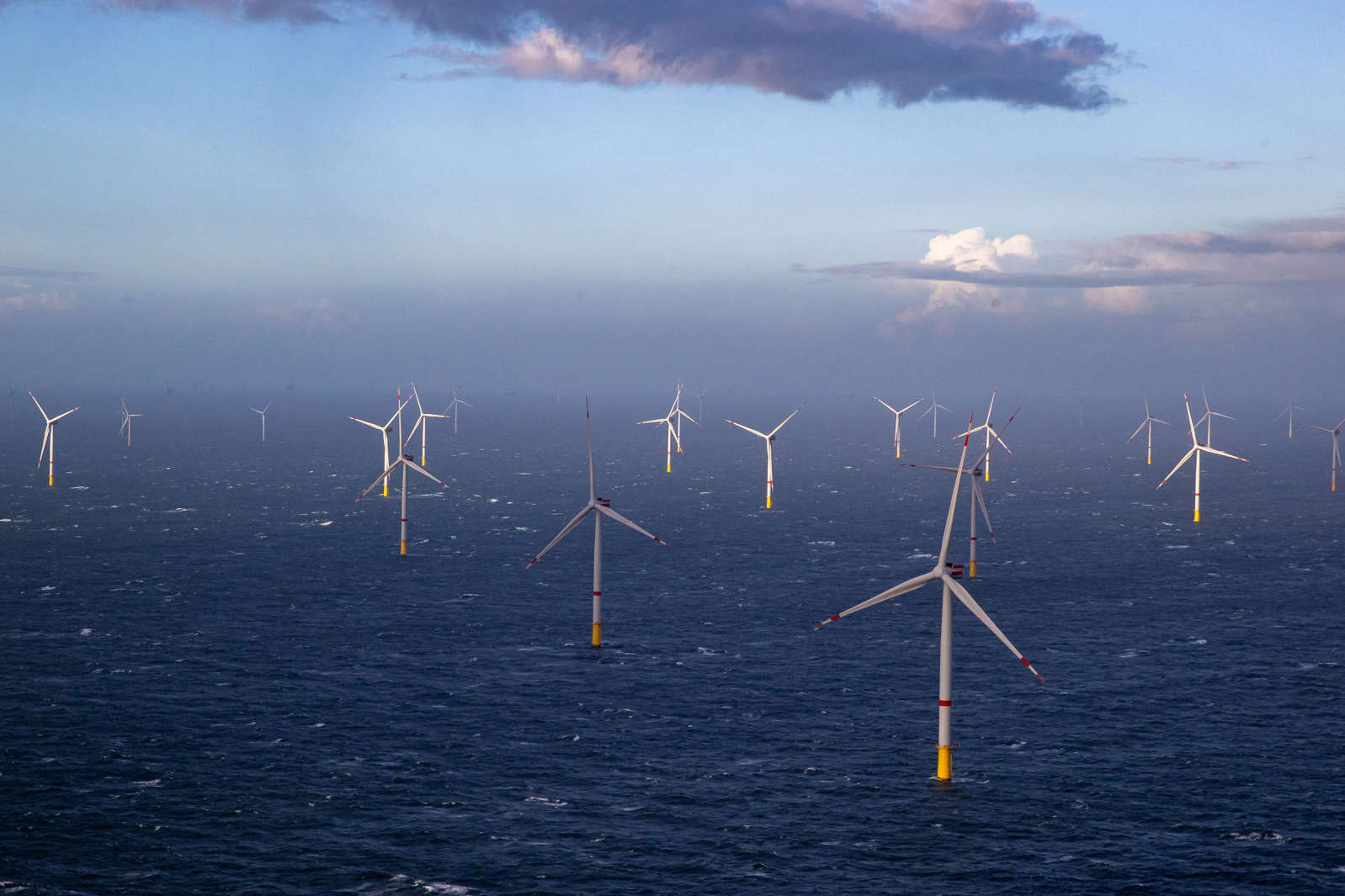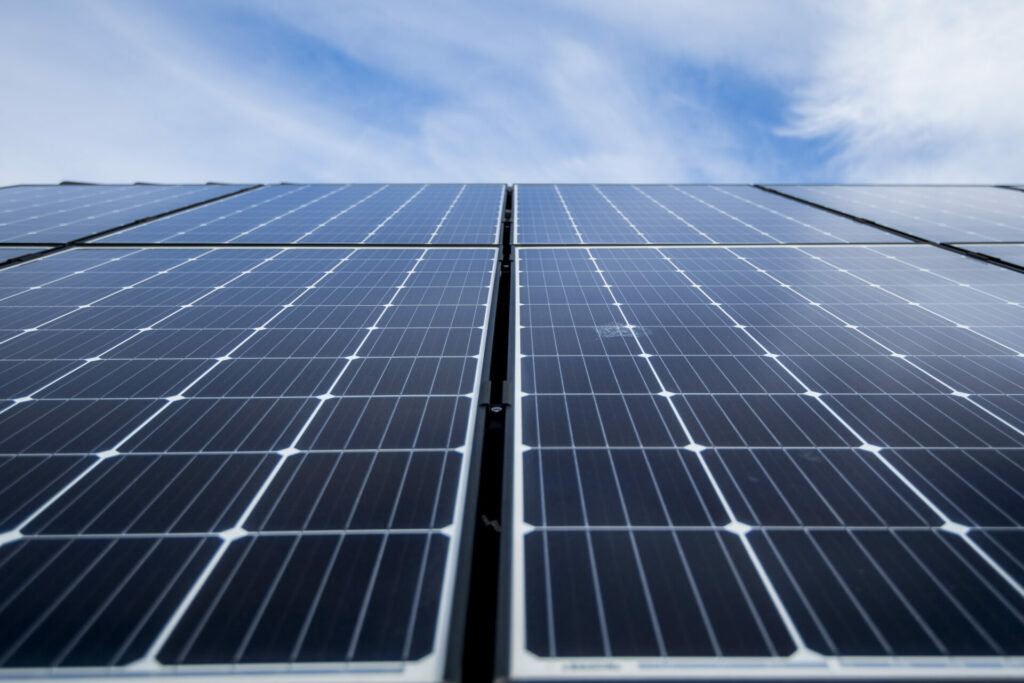On Friday, the Council of Ministers approved a budget of €2 million to scale up a project involving offshore floating solar panels at sea. If successful, Belgium would be the first country in the world to do this.
Nations across the EU are looking for ways to decrease the vulnerability of the European energy system and energy supply since the war broke out in Ukraine, and to decrease its dependence on Russia. Belgium's North Sea is playing a pivotal role in this, Minister of the North Sea Vincent Van Quickenborne said in a statement.
"The North Sea is becoming the powerhouse of our energy independence. These floating solar panels have the potential to generate an additional 1GW in the first offshore zone," Van Quickenborne said on Friday.
"With this demonstration project, our companies will once again be able to play an important pioneering role in the global development of this technology and contribute to economic growth accompanied by the creation of additional jobs."
With the help of the €2 million budget, the first phase — the Proof of Concept — will be launched this autumn in the Belgian part of the North Sea, of which €1.5 million will be granted to the Royal Belgian Institute of Natural Sciences (KBIN) to realise a full-scale prototype of floating solar panels at sea and to carry out the necessary studies.
Need for (greener) energy alternatives
The idea of constructing floating solar panels at sea was already discussed last year, however, the current energy crisis and the situation is not expected to improve by this winter, resulting in the need for the technology to scale up to commercialisation growing rapidly.

Wind turbines off the Belgian coast. Credit: Belga
Van Quickenborne also referred to the need to adopt more green energy alternatives in the long-term in light of climate change challenges. "Our oceans and seas are an important part of the solution. Not only by absorbing greenhouse gas emissions, but even more so as a source of sustainable renewable energy."
Earlier this year, it was already announced that Belgium will be joining forces with neighbouring countries to create Europe’s largest sea-based sustainable energy plant, which is expected to consist of multiple connected offshore energy projects and hubs, offshore wind production at a massive scale as well as electricity and green hydrogen interconnectors.
Related News
- Contaminated chocolate from Belgian factory to be used for green energy
- Flemish Energy Minister calls for nuclear reactor extensions
Belgium is already ranked in sixth place globally when it comes to the number of wind turbines at sea in absolute figures, and is working to triple that capacity by 2030 and even quadruple it by 2040.
Next steps
Solar panels are widely seen as a powerful tool in the switch to greener energy alternatives, mainly due to the rapidly falling prices of the components and advancing technological developments for photovoltaic panels.
"It is suspected that this technology could become cost-competitive within the European energy landscape in a relatively short period of time," the statement from Van Quickenborne read.
The launch of the Proof of Concept installation, expected to happen before the end of the year, should serve as a stepping stone to a future large-scale demonstration project. These will ideally be placed in the space between the existing wind turbines.
If the first step is successful, the budget will be increased to €10.5 million next year to support the accelerated development of this technology, the statement read.

